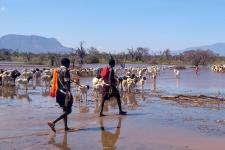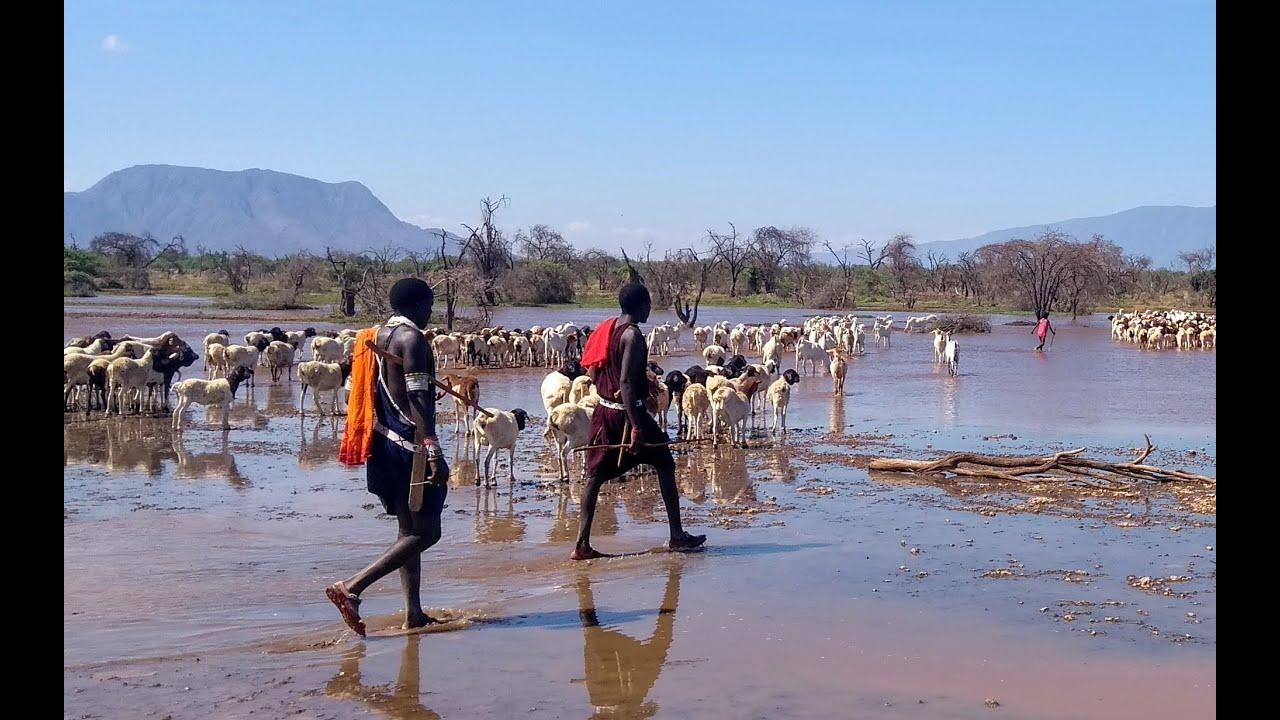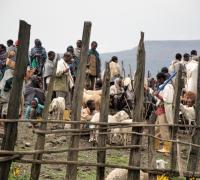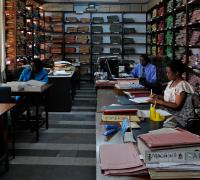Webinar
Governing climate change adaptation: Lessons from the ground

Watch the recording of the webinar here
As climate change continues to undermine livelihoods and economies around the world there is growing policy attention to how we can adapt to its impacts – i.e. how we can deal with droughts, floods, warmer temperatures and rising sea levels. Nowhere is this more urgent than in the Global South, where the effects of climate change are particularly severe.
But how is climate change adaptation actually governed? And what are the local outcomes of the ways it is done? Governance is a critical issue in climate change adaptation because it involves decision-making on how societies should adapt, how funds should be allocated and – fundamentally – how people should lead their lives.
Recently there has been growing debate about how climate change adaptation should be governed, and adoption of normative frameworks such as the Locally Led Adaptation (LLA) principles. However, much is unknown about how efforts to to govern climate change adaptation unfold on the ground, and what the outcomes are.
This webinar will provide empirical insights on the nature and local outcomes of governance in climate change adaptation. It will investigate three key features in adaptation, namely the governance of mobility, land rights and finance with case studies from Kenya, Ghana and Tanzania.
The webinar brings together three research programmes in which DIIS is involved:
- Rights & Resilience research (RARE)
- Governing Climate Mobility (GCM)
- Governing Adaptation Finance for Transformation (GAP)
Speakers
Joanes Atela, director, The Africa Research Impact Network (ARIN), has extensive experience from research and policy on climate change in the African context and globally.
Rahma Hassan, PhD student, Institute for Development Studies, University of Nairobi, researches the connections between law, land rights, and climate change adaptation in Kenya.
Francis Jarawura, lecturer, The University for Development Studies, works on the dynamics of climate change, migration and rural livelihoods in Ghana.
Beatrice Sumari, PhD student, The Institute of Resources Assessment, University of Dar Es Salaam, researches the governance of climate finance in Tanzania
Lily Lindegaard, senior researcher, DIIS, works on the governance and politics of climate change adaptation and outcomes in Asia and Africa
Esbern Friis Hansen, senior researcher, DIIS, has extensive experience from rural development and and currently works on devolved governance of climate change adaptation.
Mikkel Funder, senior researcher, DIIS, studies the governance and implementation of climate- and environment agendas and how different actors respond.
-
14.00 - 14.10Welcome and introduction, Mikkel Funder
-
14.10 - 14.20Governing climate mobility in Ghana, Francis Jarawura
-
14.20 - 14.30Governing land and resilience in Kenya, Rahma Hassan
-
14.30 - 14.40Governing adaptation finance in Tanzania, Beatrice Sumari
-
14.40 - 14.50Panel: Lessons for adaptation governance. Joanes Atela, Lily Lindegaard, Esbern Friis Hansen
-
15.00 - 15.15Q&A
The webinar was held and recorded on Thursday 26 October 2023, 14.00-15.15 via Zoom.
Sign up
DIIS Experts






